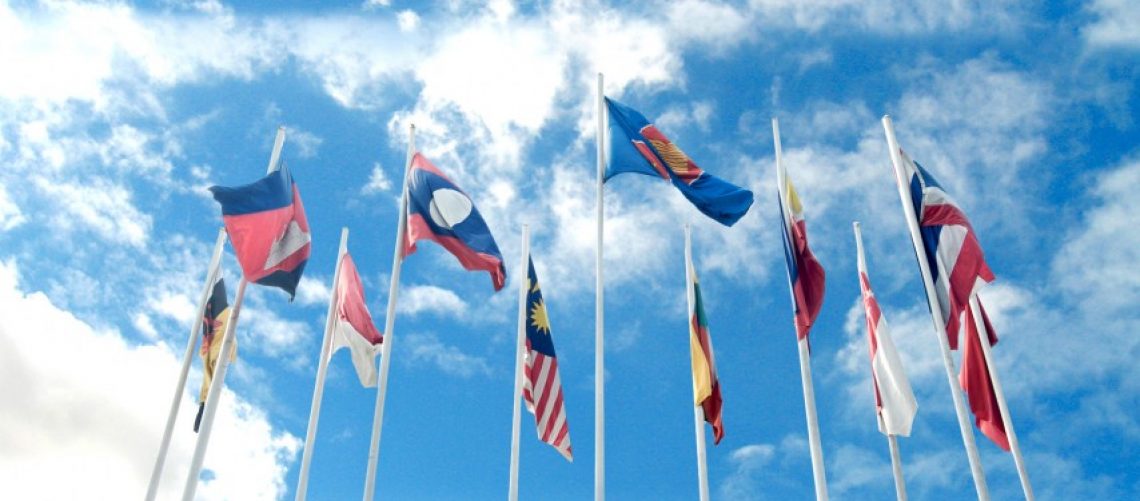1. The Eleventh East Asia Summit Energy Ministers Meeting (11th EAS EMM) was held on the 28 September 2017 in Pasay City, Metro Manila, Philippines. The Meeting was chaired by H.E. Secretary Alfonso G. Cusi, Secretary of Energy of the Philippines. The Meeting was attended by the Ministers and Senior Officials responsible for energy from the EAS participating countries, namely the ASEAN Member States, Australia, the People’s Republic of China, India, Japan, the Republic of Korea, New Zealand, the Russian Federation, and the United States. The Deputy Secretary-General of ASEAN for Corporate Affairs was also in attendance.
2. The Ministers discussed the global energy outlook through 2040, and reiterated the continued significance of EAS cooperation to ensure security of energy supply and to promote cleaner energy and technology-neutral approach to meet the bulk of the EAS region’s rising energy demand. They called for deeper cooperation to implement innovative measures and to formulate responsive policies. Energy Ministers noted the progress of the EAS Energy Cooperation Task Force in advancing regional energy security and the uptake of clean and renewable energy technologies. Ministers also noted the importance of promoting free and open energy trade and investment markets towards this goal.
Download the full Statement here.
- ABOUT ASEANThe Association of Southeast Asian Nations, or ASEAN, was established on 8 August 1967 in Bangkok, Thailand, with the signing of the ASEAN Declaration (Bangkok Declaration) by the Founding Fathers of ASEAN: Indonesia, Malaysia, Philippines, Singapore and Thailand. Brunei Darussalam joined ASEAN on 7 January 1984, followed by Viet Nam on 28 July 1995, Lao PDR and Myanmar on 23 July 1997, and Cambodia on 30 April 1999, making up what is today the ten Member States of ASEAN.Menu
- WHAT WE DO
ASEAN organs always strive to achieve ASEAN’s goals and objectives, the Secretary-General of ASEAN and the ASEAN Secretariat shall be functioned as coordinating Secretariat to help facilitate effective decision-making withing and amongst ASEAN bodies. In addition, each Member State shall appoint a Permanent Representative to liaise with Secretary-General of ASEAN and the ASEAN Secretariat
Menu - WHO WE WORK WITH
ASEAN shall develop friendly relations and mutually beneficial dialogues, cooperation and partnerships with countries and sub-regional, regional and international organisations and institutions. This includes external partners, ASEAN entities, human rights bodies, non-ASEAN Member States Ambassadors to ASEAN, ASEAN committees in third countries and international organisations, as well as international / regional organisations.
Menu - OUR COMMUNITIES
The rodmap for an ASEAN Community (2009-2015) was declared by the leaders in 2009. The ASEAN Community, anchored on three community pillars: Political-Security Community, Economic Community, Socio-Cultural Community was launched in 2015. The ASEAN 2025: Forging Ahead Together was introduced in 2015 as a Post-2015 Vision. It comprises the ASEAN Community Vision 2025, the ASEAN Political-Security Community Blueprint 2025, the ASEAN Economic Community Blueprint 2025 and the ASEAN Socio-Cultural Community Blueprint 2025
Menu - SITEMAP





